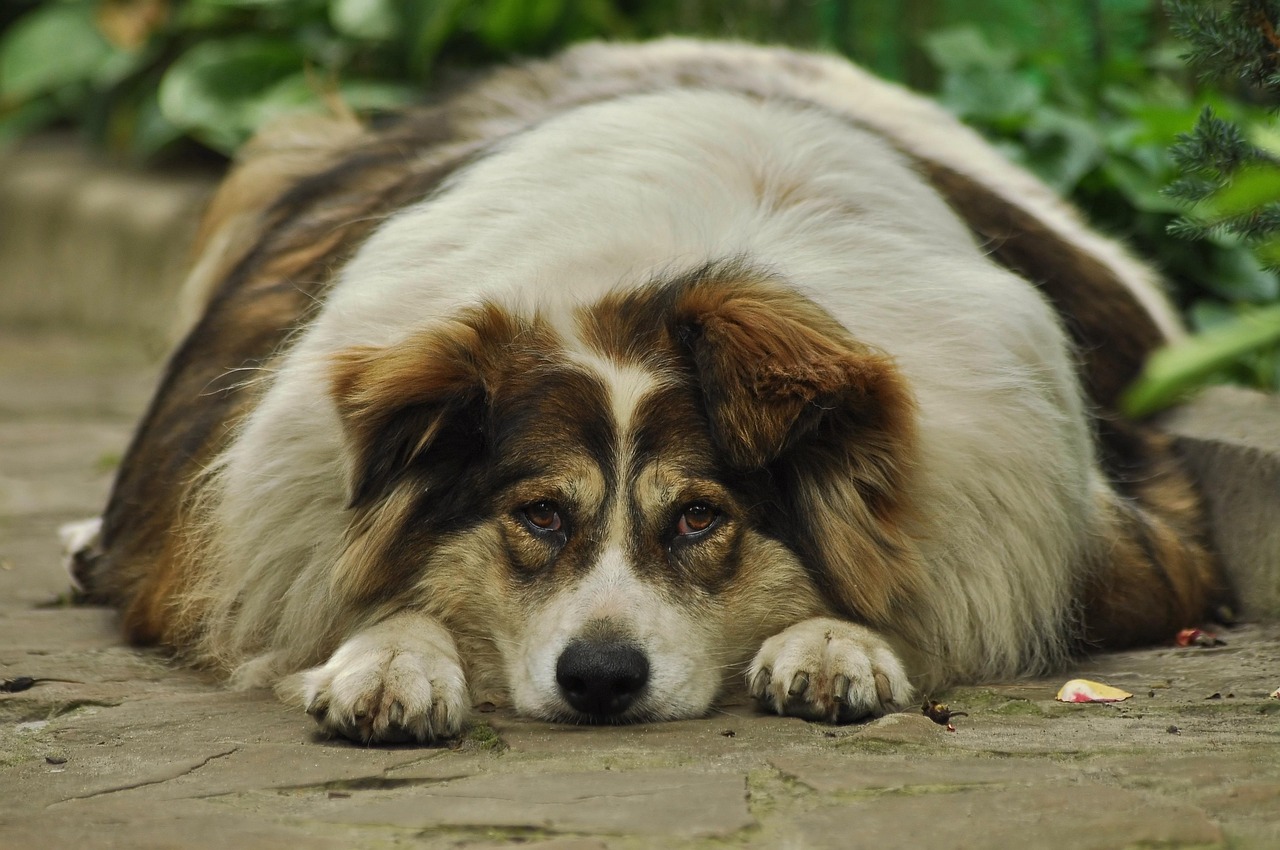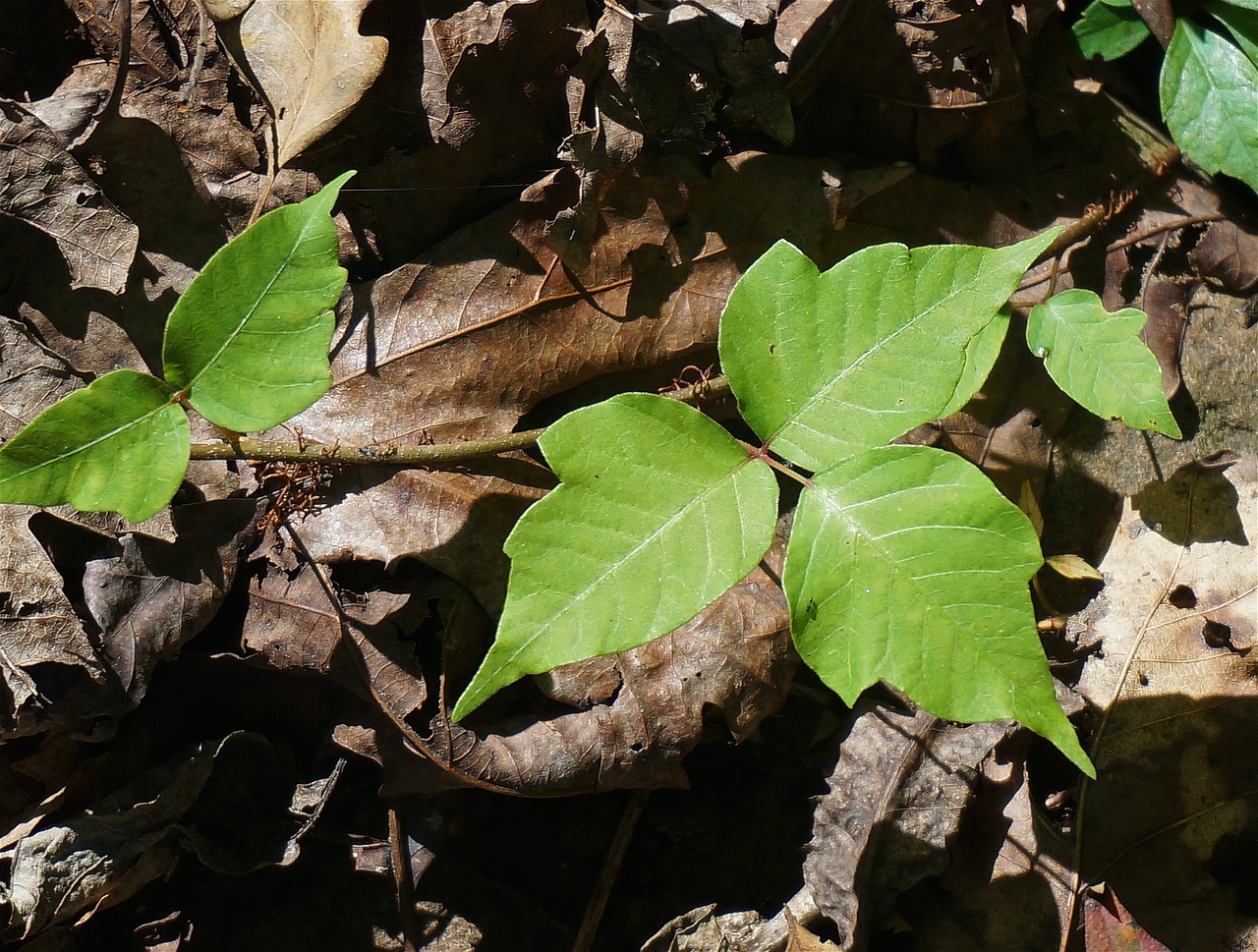Poinsettias and Pets: Debunking the Myth of Deadliness

Poinsettias are widely recognized as a festive holiday plant adorned with vibrant crimson leaves that exude the Christmas spirit. Yet, as a pet owner, you may have hesitated to bring them into your home, concerned that your furry companions might nibble on their leaves and succumb to their alleged deadly toxicity.
Fear not: Contrary to common belief, poinsettias are not as toxic to your pets as you might think. (Scroll down for information on holiday plants that pose real dangers to pets.)
The Fascinating History of Poinsettias
Poinsettias, also known as the Christmas flower, Christmas star, Mexican flameleaf, and lobster plant, debuted in the United States during the 1820s.
Joel Roberts Poinsett, the first U.S. minister to Mexico (the title of ambassador was not introduced until 1896), brought a "Noche Buena" plant from Mexico to the United States in 1825. Poinsett, a botanist, became the namesake for the "poinsettia" in the U.S., where the plant was eventually cultivated in the subtropical climate of Southern California's deserts.
The association of poinsettias with Christmas can be traced back to 16th-century Mexico, where "Noche Buena" translates to Christmas Eve in Spanish. A folklore tale tells of a young, impoverished girl who, inspired by an angel, gathered roadside weeds as a gift for Jesus's birthday celebration. To everyone's astonishment, these weeds bloomed with crimson blossoms when placed at the church altar.
During the 17th century, Franciscan friars in Mexico began incorporating poinsettias into their Christmas celebrations. The star-shaped leaf pattern of the plant symbolizes the Star of Bethlehem, while the red color represents the blood sacrifice made through the crucifixion of Jesus.
Since the 20th century, poinsettias have become popular Christmas decorations throughout North America, and in the United States, December 12 is celebrated as National Poinsettia Day.
The Truth About Poinsettias' Toxicity
The myth of poinsettias' severe toxicity can be traced back to 1919 when there were false reports of a U.S. Army officer's two-year-old child allegedly dying from consuming a poinsettia leaf. However, this rumor was debunked, but the urban legend persists to this day.
Researchers at Ohio State University (OSU) have studied the effects of ingesting various parts of the poinsettia plant, including leaves, stems, and sap, and found the plant non-toxic. According to POISINDEX (R), the information resource used by most U.S. poison control centers, a 50-pound child would have to consume more than 1.25 pounds of poinsettia bracts (equivalent to 500 to 600 leaves) to reach experimental doses with no toxicity.
In reality, poinsettias are, at worst, mildly toxic to pets, according to the Pet Poison Helpline. The plant produces a milky white sap containing chemicals known as diterpenoid euphorbol esters and saponin-like detergents. If ingested by your pet, it may lead to mild gastrointestinal symptoms such as vomiting, drooling, or, rarely, diarrhea. Some pets might experience dermal irritation if the milky sap comes into contact with their skin, causing redness, swelling, and itchiness. These symptoms are usually self-limiting, but if they persist, a visit to the veterinarian may be necessary.
If you suspect that your pet has consumed a poinsettia and displays concerning symptoms, it's crucial to contact your veterinarian immediately.
Beware of Truly Toxic Holiday Plants
While poinsettias may not pose a significant threat, other "holiday" plants, including mistletoe, lilies, rosemary, holly, and holly berries, can be toxic to pets.
Lilies, in particular, are often used by florists in bouquets, so it's essential to inspect any holiday floral arrangements brought into your home. According to the Pet Poison Helpline, just one or two bites from a lily can lead to severe acute kidney failure in cats, and even the pollen of the lily is considered highly toxic.
Ingesting Christmas and English holly can result in severe gastrointestinal distress for dogs or cats due to the spiny leaves and potentially toxic substances like saponins, methylxanthines, and cyanogens. If ingested, most dogs and cats exhibit lip-smacking, drooling, and excessive head-shaking due to the mechanical injury caused by the spiny leaves.
While many of us hang mistletoe high out of reach of our pets, it can still be toxic if ingested. Mild signs of gastrointestinal irritation are common, but if consumed in large quantities, dogs and cats may experience collapse, hypotension, ataxia (limping), seizures, and even death.
While some holiday plants can be genuinely harmful to pets, you don't need to banish poinsettias from your home out of fear of a deadly encounter. It's still a good idea to keep poinsettias out of your pets' reach, but don't let an urban myth deter you from celebrating the Christmas holiday with a touch of floral elegance.
Get insurance plans with wide-ranging coverage options













